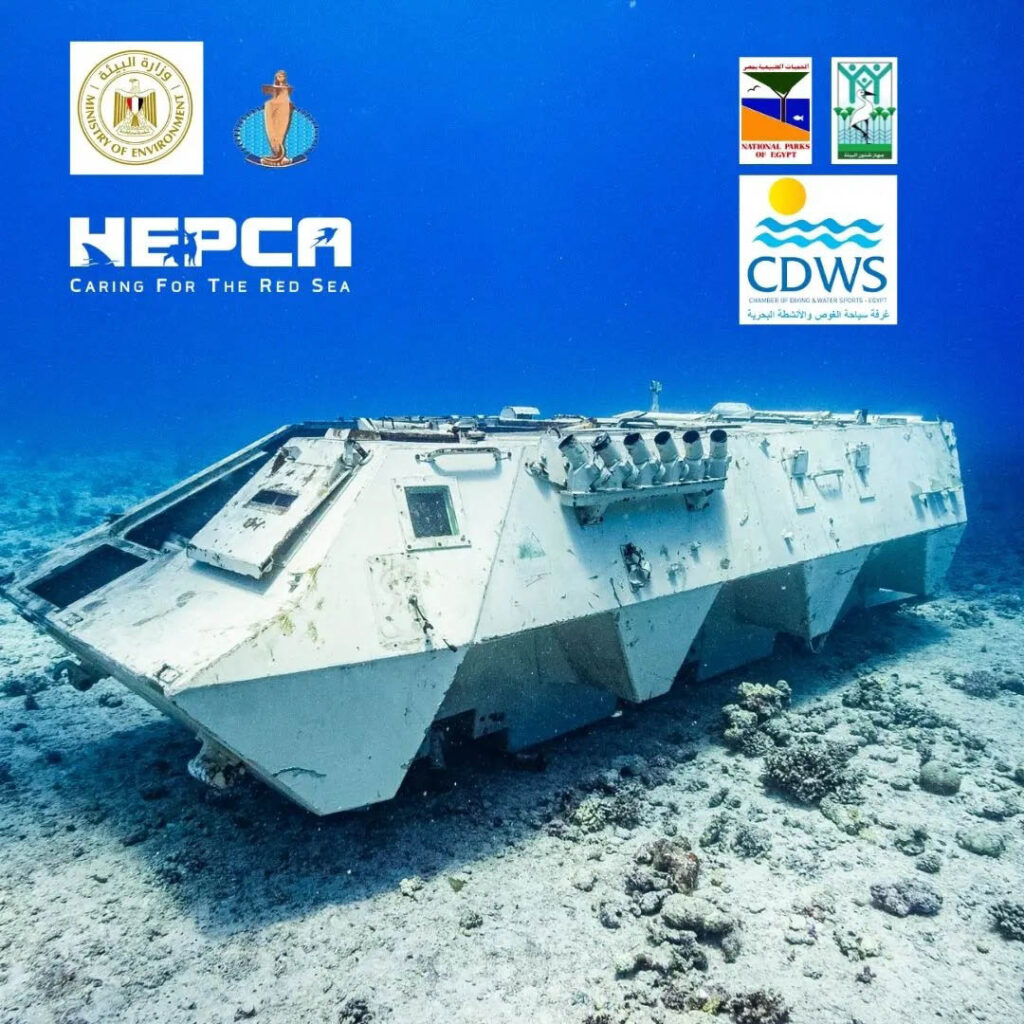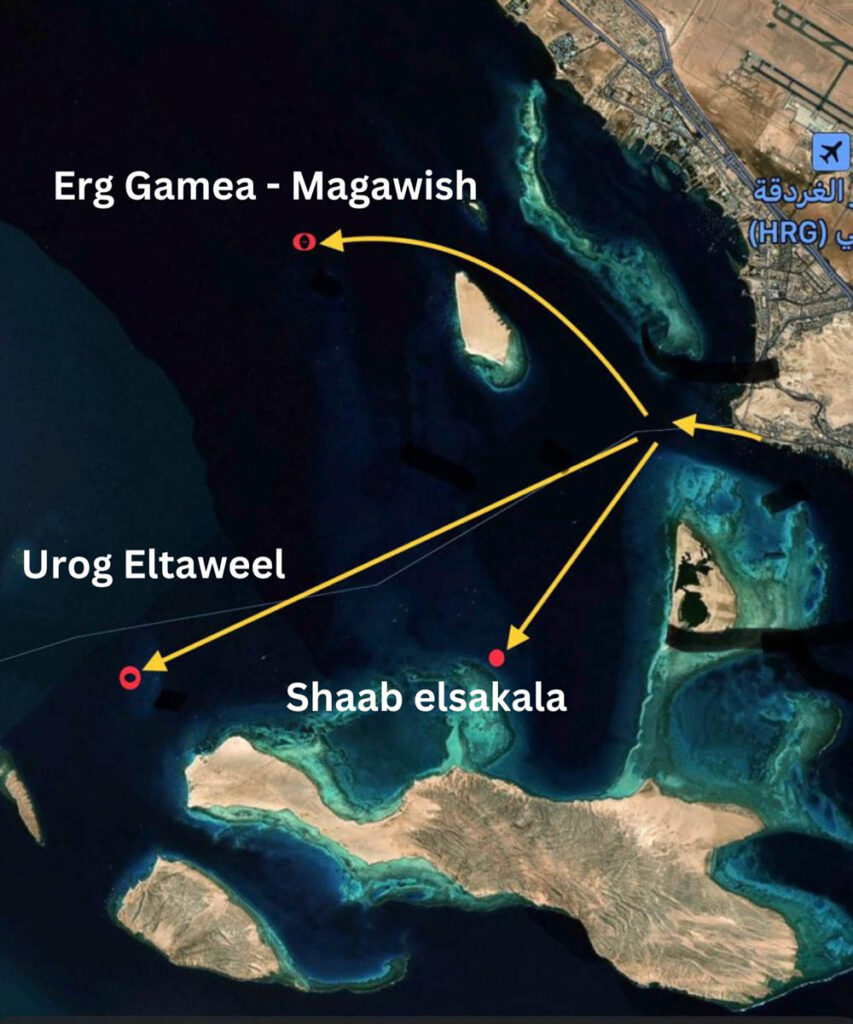In the azure depths off the coast of Hurghada, Egypt, a pioneering initiative is making waves in the world of marine tourism. The innovative concept is the creation of an Underwater Military Museum. This endeavour not only promises to attract more tourists to alternative destinations but also to relieve the pressures on the fragile natural coral reefs that have long been the region’s main diving attraction. Diving and snorkeling enthusiasts are in for a treat, with the opportunity to explore a captivating collection of 15 pieces of military equipment strategically placed in three distinct underwater locations, providing them with an unforgettable subaquatic experience while championing sustainable tourism practices.
The need for such a solution became evident due to the rapid development and the subsequent surge in tourist numbers experienced in the Red Sea Governorate, particularly in the bustling city of Hurghada. This development led to an unprecedented increase in diving activities on the area’s natural coral reefs. Some sites saw over 200,000 dives per year, significantly exceeding the recommended safe diving limit of 22,000 dives per site annually. This relentless exploitation threatened the very ecosystems that drew visitors in the first place.
Recognising that the responsibility for preserving the environment is a shared one, the community and its organizations united to seek solutions and promote the sustainable use of the Red Sea’s unique and delicate living resources. In response, the Hurghada Environmental Protection and Conservation Association (HEPCA) took a proactive role in addressing the excessive use of natural coral reefs.
In close collaboration with the Red Sea Reserves Sector, environmental monitoring efforts revealed the deterioration of several sites off the coast of Hurghada due to excessive diving and snorkeling activities. It was clear that action was needed to reduce the strain on these resources, shifting from passive observation to proactive measures.
Thus, HEPCA conceived a plan: the creation of artificial coral reefs by strategically placing retired military equipment in front of Hurghada. The idea garnered widespread support from the Red Sea Governorate and the Ministry of Environment. The multifaceted goals of this initiative include:
- Relieving Pressure on Natural Reefs: By establishing new diving sites, the project aims to alleviate the stress on natural coral reefs caused by excessive diving activities.
- Promoting Historical Diving: The sunken antiquities are set to captivate diving enthusiasts from around the world, introducing them to the exciting world of diving on submerged historical artifacts.
- Boosting Marine Life: Over time, the sunken equipment will evolve into natural coral reefs, bolstering the local fish populations and enhancing the region’s biodiversity.
- Sustainable Tourism: The addition of artificial coral reefs enables the implementation of a diving site management plan based on their capacity, shifting the diving industry towards a sustainable and economically vital activity for Egypt.
- Collaborative Preservation: This project exemplifies collaborative efforts between civil society organizations such as the Hurghada Environmental Protection and Conservation Association (HEPCA), the Red Sea Reserves (Ministry of Environment), and the Red Sea Governorate. Together, they work as custodians of Egypt’s natural wealth, committed to its sustainable preservation for future generations.
- A Model for the Future: Success in this project could serve as a blueprint for other regions facing similar challenges. Plans are already underway to add four more sites in the Hurghada region, signaling a comprehensive shift from the overuse of natural coral reefs to sustainable practices.
- Global Coral Conservation: Egypt’s coral reefs, classified as one of the world’s last coral refuges, face threats from climate change. International organizations recognize their significance as a beacon of hope for coral preservation. Projects like this contribute not only to Egypt’s cultural heritage but also to its reputation as a steward of global coral conservation.
This underwater wonderland promises to not only captivate divers but also safeguard Egypt’s precious coral reefs for generations to come, all while underscoring the vital importance of sustainable tourism practices in today’s world.
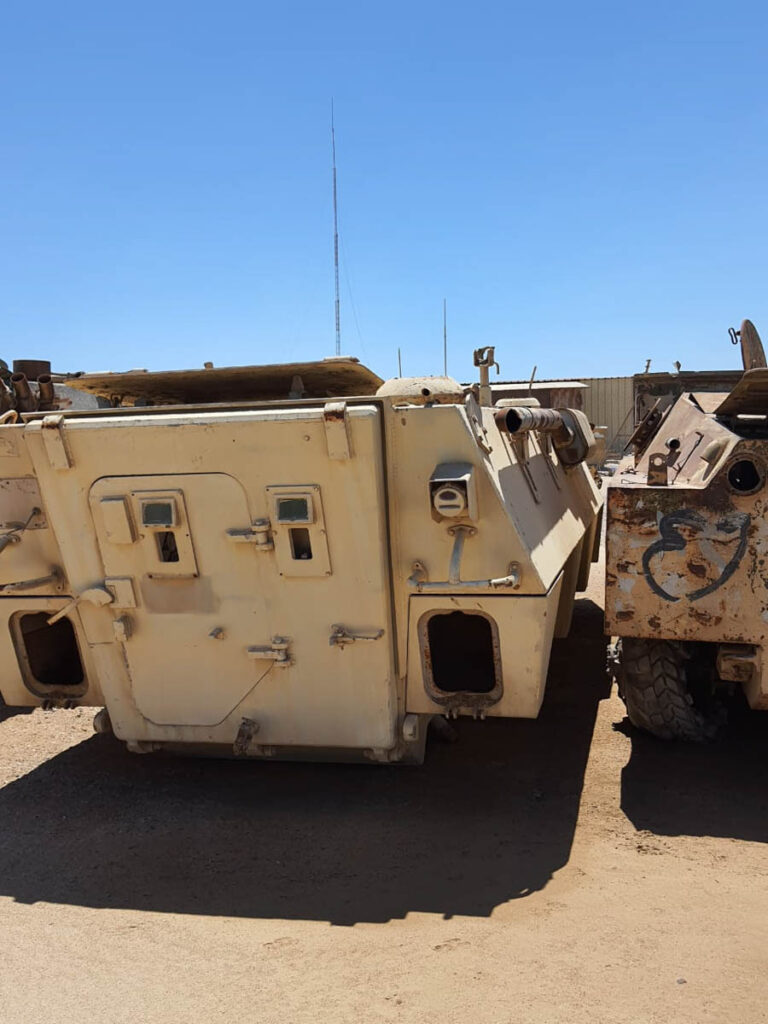

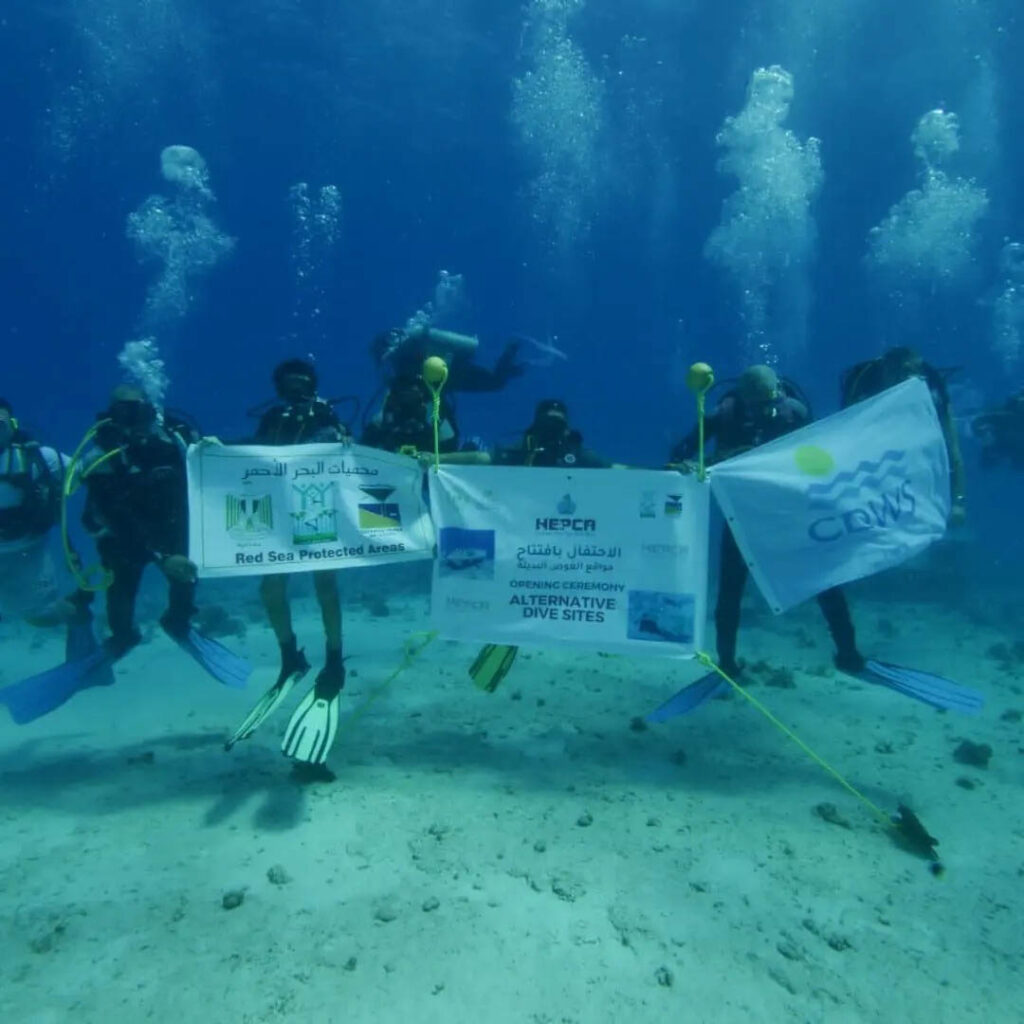
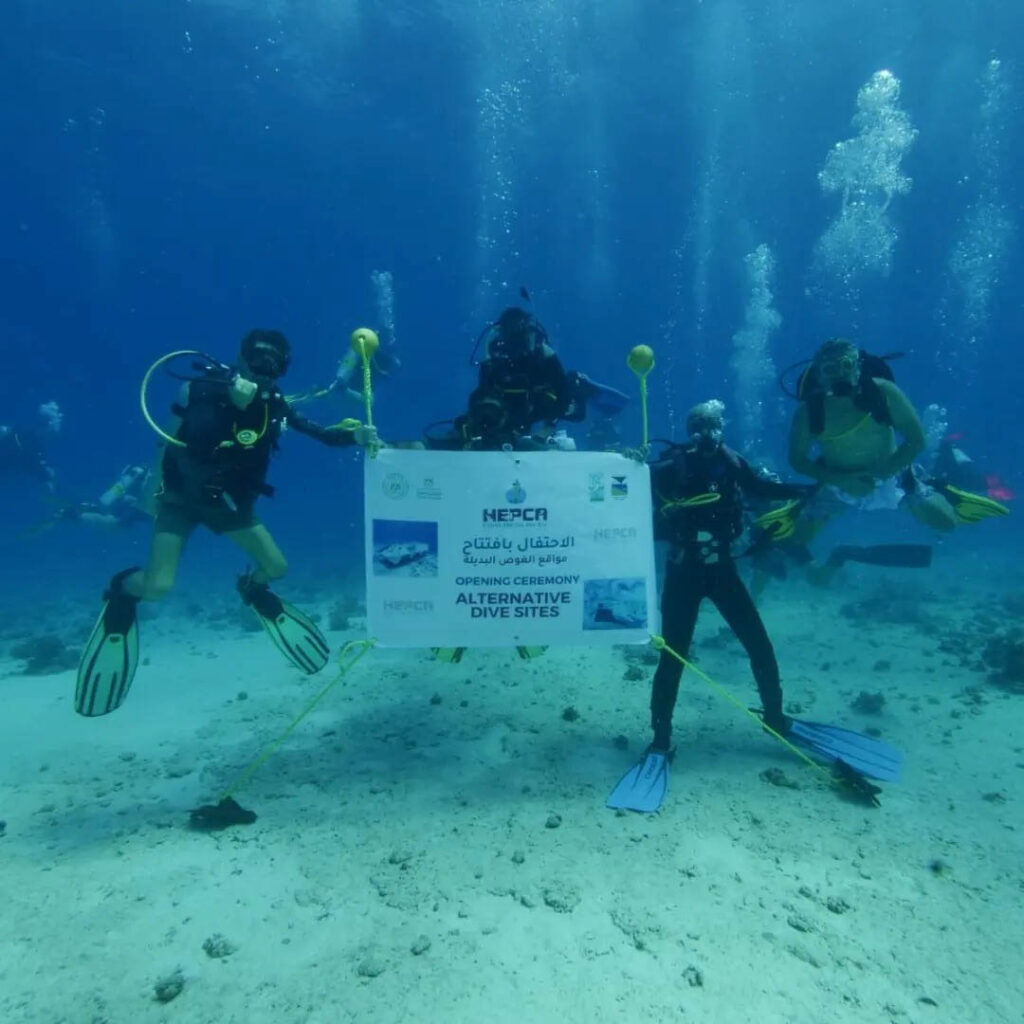
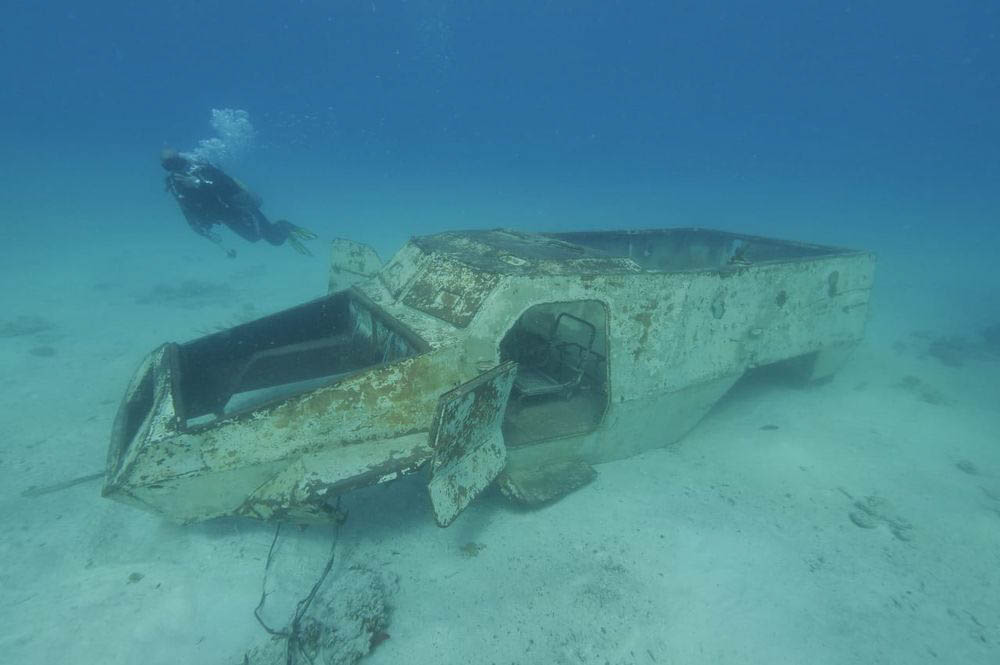

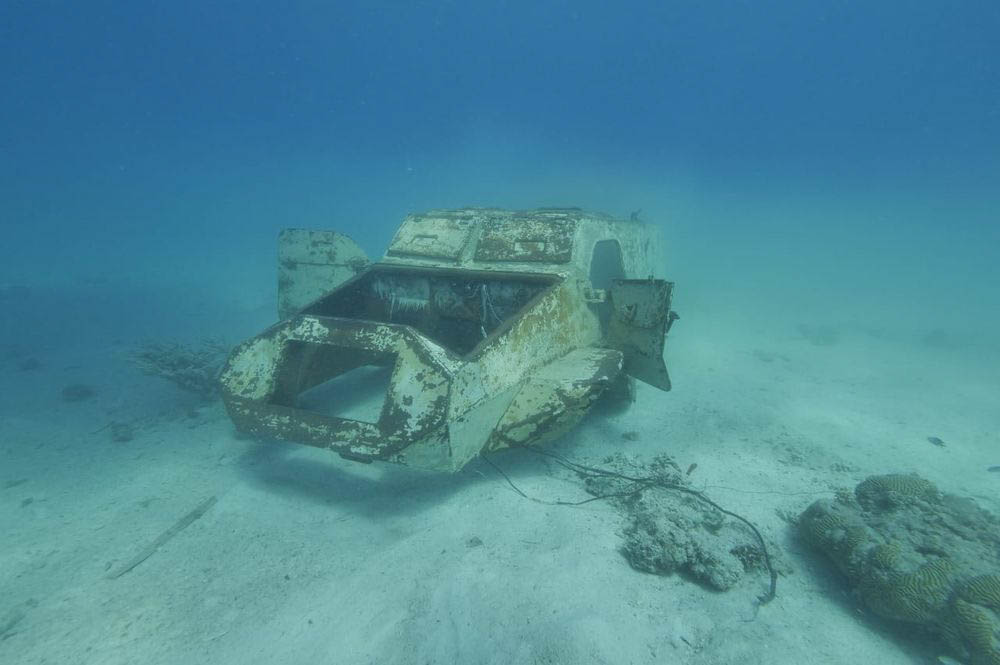
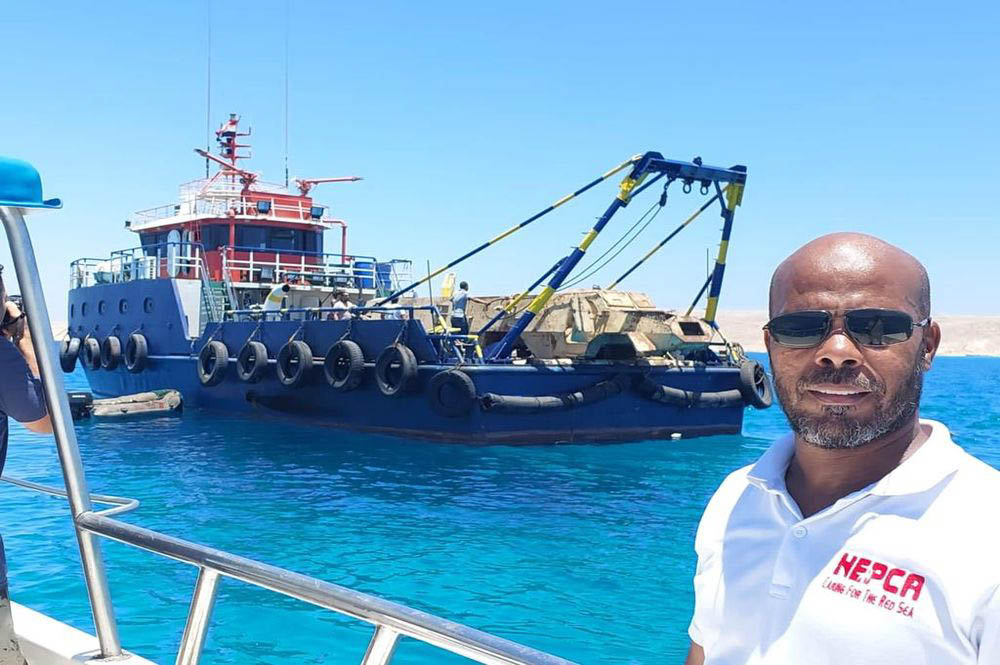
All images copyright of HEPCA.



